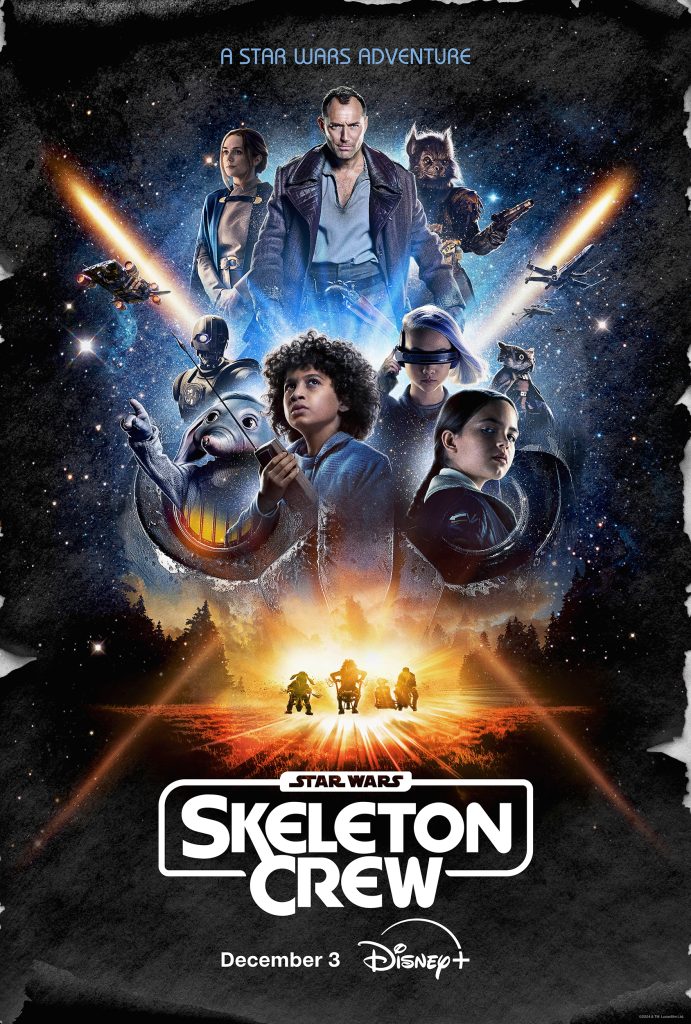Reflections on leadership in recent days (that explore 30 years I guess) that could be more than one chapter in "It's Not Rocket Science" as I've walked, holidayed, collaborated, prioritised and prepared. They don't relate to any (1) situation, don't all reflect how I'm feeling today (but some of them do):
- Recently I was thinking "it must be wonderful to go through life seemingly without reflecting on the impact of your words and actions on others, the nature of community or relationships." What you think, know and believe are clearly most important, it's not even a question. Sadly, even giving a second thought as to what others are saying or feeling can be a costly exercise...
- "What other people think of you is none of your business"
Having once read that and had it explored many years ago listening to a particular workshop leader I have often reflected on how I feel about that or whether it's right in essence. In context it's trying to say, if you're focused on doing and being your best, offering what insight you have, the relationship you're able to bring etc then how that's perceived or received is up to 'the other.' I often stop from saying something or give a glimpse of me or my thought, knowing there's more to what I'm saying, more to be said, more to be done, openness to continue the conversation... But if that doesn't happen, is that an accurate reflection of me or of what's going on, in my own head and heart, let alone in the given relationship or situation. Suppose you say about half of what could be said in a situation... what does it mean if the 'other' goes away thinking less of you because the rest is not said OR for example if it's a value you're holding to without articulating that... is it 'enough' that this is the case without others necessarily being aware of that. What is 'lack of confidence', what is 'keeping confidence' what is being circumspect and how many times can you get annoyed you knew exactly what you wanted to say just after the moment to say it felt genuinely to have passed... This is particularly poignant when you are working at being more assertive without necessarily feeling any more capable of having the right insight (feeling out on a limb). I think what other people think of me is my business, I just can't write the narrative, I can only be as honest, transparent and humble as possible and if they don't 'get it' then that IS their business (or something like that)...
- Leading by seeking to share "power with" is harder
- Making space for the leadership of others doesn't always work out and mostly that's not your fault
- Explosive gestures backed up by avoidance (of the issues and the lack, because to correct it wouldn't fit the narrative) show immaturity masquerading as vulnerability. This makes it hard to appropriately care for the vulnerability.
- In difficult communications it is true there's content and process. An issue that's hard to resolve because of different perspectives soon isn't about the issue/s but about trust (an elusive idea to some), listening, being heard and working through that... it's hard when you believe few can see it... it's harder when people trash the process out of frustration and it looks like the content caused it. Making wise decisions includes dealing with the process as well as the content. Everyone has a role and responsibility in that... you can only do your part!!
- Interestingly though, the hard work starts when you're part is to know that how you/others respond or the questions you ask and invitations you offer, make a difference. e.g. When someone offers an idea do you 'shut it down' or ask clarifying questions... do you simply state your different view or are you able to hold a few ideas together until decision time when you can help sift?
- Enjoy the times when the problems you're helping solve were caused by someone else
- Learning to ask 'grounded questions' (like this advocated by Mark Strom) can transform many planning or evaluative discussions. “A grounded question makes us reach behind abstract explanations into lived experience. Abstract questions only need bullet points. Grounded questions take us to stories”
- Ethics have never been more important
- Whose model are you following and how can you articulate that are important
- Listen (for a change)
Postscript:
For me leadership is about relationships and 'gifts'. It's striving to use your gifts and to develop other skills and work on the other side to your natural style. It's hard work!! It does mean more focus on people and processes than content so that needs to be intentionally addressed but not at the expense of what you 'bring.' It's not only in counselling and social work that people want to be known, not to just be problems to be sorted. In my vocation it's about modelling/following/imitating the ethos and values of Jesus, his life's story, teaching and example... more values we'd like to be known by, less corporate business planning we'd ike to co-opt!!
Subscribe to:
Post Comments (Atom)







No comments:
Post a Comment